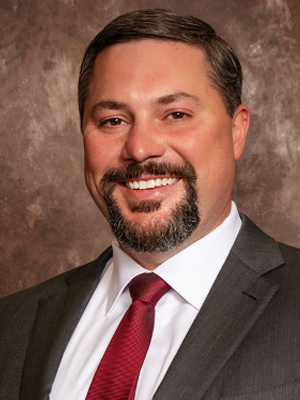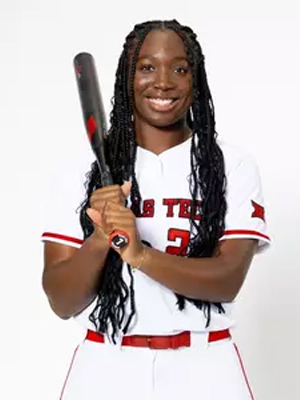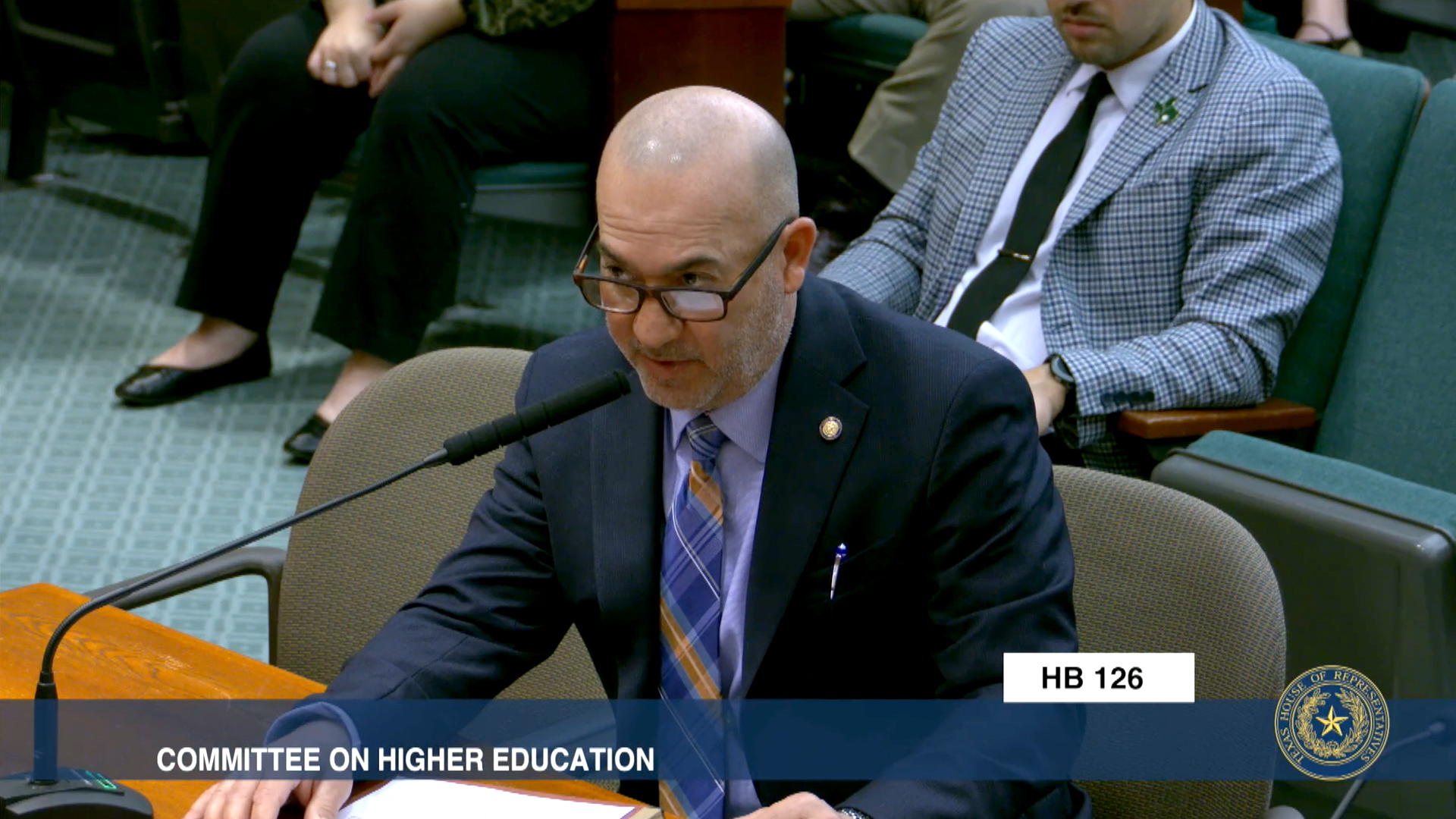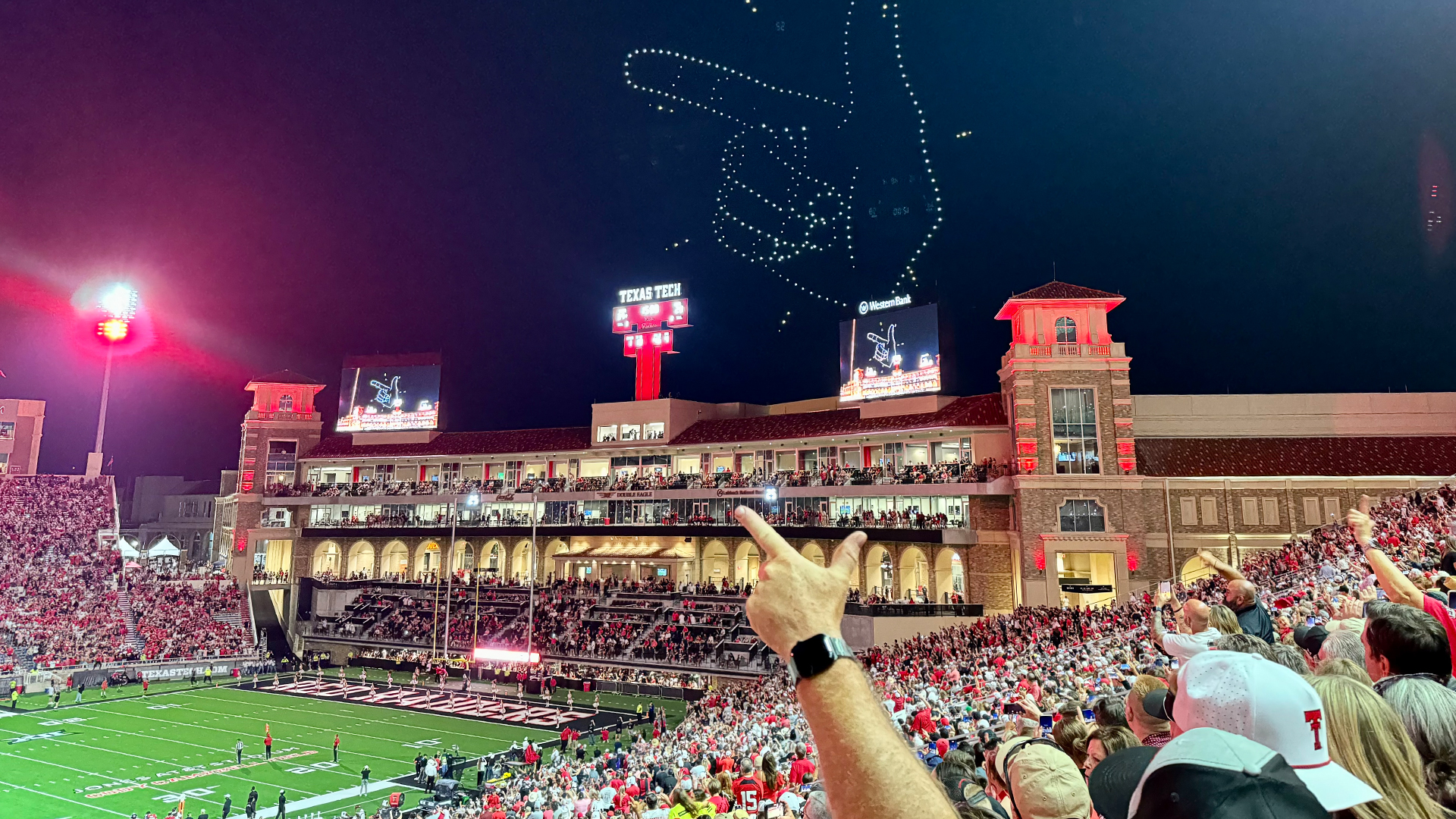First Texas Tech home game with South End Zone finished last August 31. Photo by Terry Greenberg.
When Texas Tech joined the Southwest Conference for college sports in the 1950s, the longest conference road trip was 580 miles to the University of Arkansas.
Players were not paid – except if someone cheated and violated the rules. The most egregious example was a slush fund to pay SMU football players leading to multiple probations before getting the NCAA’s “death penalty” in the 1980s. The Ponies did not play football for a couple years.
Now:
- Tech travels almost 1,500 miles to play Big 12 Conference opponent Central Florida.
- UCLA flies 2,784 miles to play Big Ten games against Rutgers in New Jersey.
- Student athletes jump to a new school lured by lucrative Name, Image and Likeness (NIL) deals – an area where Tech’s recently excelled. Or they navigate the transfer portal because they’re disappointed in playing time.
Changes are coming and a Red Raider will play a key role.

Cody Campbell, who played offensive line for Tech and the Indianapolis Colts, is going to co-chair a presidential commission on collegiate sports according to Yahoo Sports and other media reports. He’ll do so with Nick Saban – who coached LSU and Alabama to seven national football championships.
Campbell is also chair of the Texas Tech University System Board of Regents. Tech’s football field is named for him following a $25 million gift toward AT&T Jones Stadium’s recent improvements.
He’s written three columns for thefederalist.com since the first of the year outlining what he believes must change to save college athletics, which he referred to during a short interview this week with LubbockLights.com.
“How do we stop the bleeding, and how do we preserve this 120-year-old sports infrastructure that is woven into the fabric of Americana …?” Campbell wrote in April.
He’s advocating for a national cure, saying state-by-state agreements are not working.
But Campbell made it clear he could not address reports about a possible presidential commission.
This is going on at the same time as:
- A series of lawsuits, including the looming House v. NCAA, will change player compensation and radically alter NIL.
- Carl Tepper, state representative from Lubbock, is herding legislation in Austin letting universities in Texas, including Tech, adapt to new court rulings and NCAA rules.
And how it all affects Tech isn’t fully known.
Eric Bentley, vice chancellor and general counsel for Texas Tech, recently testified on Carl Tepper’s bill. He was asked how much money a typical Tech athlete might get from the university once House v. NCAA is done.
“I don’t think we have those numbers right now. Quite honestly, I mean we’re so new into this. The bulk of those who are going to be getting the NIL money will be those blue-chip type players,” Bentley said.
He was also asked if there are any requirements for NIL to meet the standards of Title IX, which forbids discrimination against women in sports.
“It’s a great question. And I don’t think there’s a solid answer for that right now. I can tell you what Texas Tech is doing. What Texas Tech is planning on doing is distributing it according to the revenue that the sports brought in for the previous year. And so that would be women’s sports as well,” Bentley said.
The Matador Club goes away
Campbell and his business partner John Sellers founded the Matador Club with others as NIL collectives sprouted to support colleges over the past few years.
They both played football at Canyon High School in the Panhandle, then Tech, later starting oil and gas company Double Eagle Energy Holdings, which has been very successful with billion-dollar deals.
The Matador Club has had high-profile success:
- Tech is in the top three by multiple sports sites ranking college football transfer portal classes for players who’ve committed to play for Tech this coming season. One of those sites, Sports Illustrated, had Tech No. 1, saying it used “a treasure chest of aggressive NIL dollars.”
- NiJaree Canady, 2024 Collegiate Player of the Year at Stanford, accepted a record $1 million NIL deal to play for Tech for this season. Tech just won its first-ever Big 12 championship last weekend and opens NCAA post-season play this weekend. Sellers’ wife Tracy played softball at Tech. The couple also made a $11 million donation to Tech — $10 million for the football stadium enhancements and $1 million for improvements to the softball team’s field.
But the expected changes mean the Matador Club goes away, Campbell said.
“The Matador Club is going to be absorbed by the athletic department. There will be no more collectives starting July 1st,” Campbell said about the impact of House v. NCAA.
“We’re all gonna have a salary cap. Essentially NIL collectives, go away,” Campbell said.

Players can still do NIL deals under the terms of a settlement in House v. NCAA, a federal lawsuit we explain below. But those deals will be under more scrutiny.
“NIL deals that are truly commercial and ‘market rate’ will be allowed. But the booster money is going to come out of the system,” Campbell said.
Boosters can still donate to their favorite universities. For Texas Tech, that means the Red Raider Club.
“If you want to help Tech athletics … giving money to the Red Raider Club is the best way to do that,” Campbell added.
“You have to have a commercial purpose for the NIL work that an athlete is doing. So, it has to be a real business. The deals get extra scrutiny if the business is owned by a booster. And anything over $600 is going to be reviewed,” Campbell said.
Some NIL collectives announced they’ll stay around and take a diminished role.
“I mean I think some of them are claiming that they’re gonna help broker legitimate deals for the players. But I don’t know that I buy into that. We’re gonna have a group in Lubbock that’s going to help with that, but it’s not the collective,” he said.
House v. NCAA
The House v. NCAA lawsuit reached a preliminary settlement in 2024. Both sides continue negotiating final details to get a judge’s approval, which was originally scheduled to be done by May 7.
It’s a $2.8 billion agreement for the NCAA and universities to compensate athletes from 2016 through the present for their NIL. College sports benefited from the athletes but could not pay them until 2021 under NCAA rules. Grant House, a swimmer at Arizona State University, sued along with other players – claiming NCAA rules were a violation of the Sherman Antitrust Act. The act prevents businesses from acting together to damage competition.
Under the proposed settlement, schools can share revenue with athletes directly, which had been forbidden. There’s a $20.5 million cap for each university, expected to rise as college sports revenues rise. As mentioned before, athletes can still make NIL deals with sponsors, but those deals will be monitored for “fair market value” and must be tied to the promotion of goods and services.
Campbell said, “There will be players that are getting $1 million through the athletic department from revenue share, but they’re not going to be getting the booster collective money like they were before.”
Campbell’s ideas
“The challenge is much bigger than just name, image, and license agreements and the transfer portal,” Campbell wrote in January. “Saving college sports this time will require comprehensive federal legislation that touches some of the most complex areas of law. This gives Congress and the Trump administration an opportunity to manifest leadership that will sustain our intercollegiate athletics system for another 120 years.”
Campbell wants to see:
- Schools make revenue sharing deals without athletes becoming employees of their respective universities – calling for Congress to approve limited anti-trust immunity for college sports and provisions for colleges to enforce deals with athletes.
- Congress make all universities “pool” or jointly negotiate media rights with revenue sharing so all 134 Football Bowl Subdivision schools are not damaged.
- Conference realignments – mentioning his concerns for travel distance, time zones and traditional rivalries.
- Protecting “Olympic” sports that don’t bring in revenue.
Meanwhile, in Austin
Under current law, Texas schools will not be able to make changes to match what’s happening in college sports, which House Bill 126 aims to fix, authored by Tepper, who spoke with LubbockLights.com last week.
“The change they needed was really a new structure for their recruiting process that they could now incentivize recruits,” Tepper said.
It already passed the Texas House. A version is currently going through the Senate.
If it passes, current and prospective student-athletes can sign NIL agreements with universities even before enrollment – allowing NIL incentives as part of recruitment. It also allows Texas schools to comply with NCAA or conference rules if there’s a future conflict with state law. The schools would be accountable to the NCAA or their respective conferences for enforcement.

“Other states – most of them have already updated their codes. They have full-time legislatures, so they were able to react a little quicker than we were,” Tepper said.
The new law has some limits, he said.
“There’s certain things they can’t advertise, like tobacco, alcohol, guns – if not legally capable of owning the gun themselves – adult oriented businesses, things like that,” Tepper said.
“This is a real opportunity for the student athletes to be compensated for their abilities,” Tepper added.
Brooks Moore with Texas A&M testified in March to the Texas House Higher Education Committee. Moore told the committee the bill is a big deal for Texas schools.
“Institutions in other states would be permitted to enter into in NIL deals directly with student athletes which could be a great advantage to student athletes. If Texas institutions can’t do that and the other institutions in other states can, then they may be able to recruit athletes that Texas institutions cannot,” Moore said.
Tepper told the committee, “This bill is simply trying to make it so that Texas athletes and institutions can compete on [the same] level of the rest of the nation.”
Also, during testimony, some lawmakers worried about extending NIL deals to kids who are still in high school.
Aicha Davis, D-Dallas, said, “All money ain’t good money, and we’re talking about really young kids here. So, I wouldn’t just take something because my baby is big.”
Lawmakers also asked if the bill mandated legal or financial professional help for young athletes. The answer was ‘no.’ Tepper said it’s a good idea, but it’s not mandated in this bill.
Concerning the bill, Campbell said, “All that does is it just allows us to comply with the House v. NCAA class action lawsuit settlement. And if we don’t do it, then we might as well quit playing football in the state of Texas – college football, at least.”
Links to Cody Campbell on the Federalist:
- The Saga Of Tennessee’s Nico Iamaleava Is The Latest Expression Of The Brokenness Of College Sports
- D.C. Decision Makers Could Kill College Sports By Giving NCAA Big Dogs A Legal Monopoly
- Only Congress And The President Can Save College Sports
Please click here to support Lubbock Lights.
Comment, react or share on our Facebook post.


 Facebook
Facebook